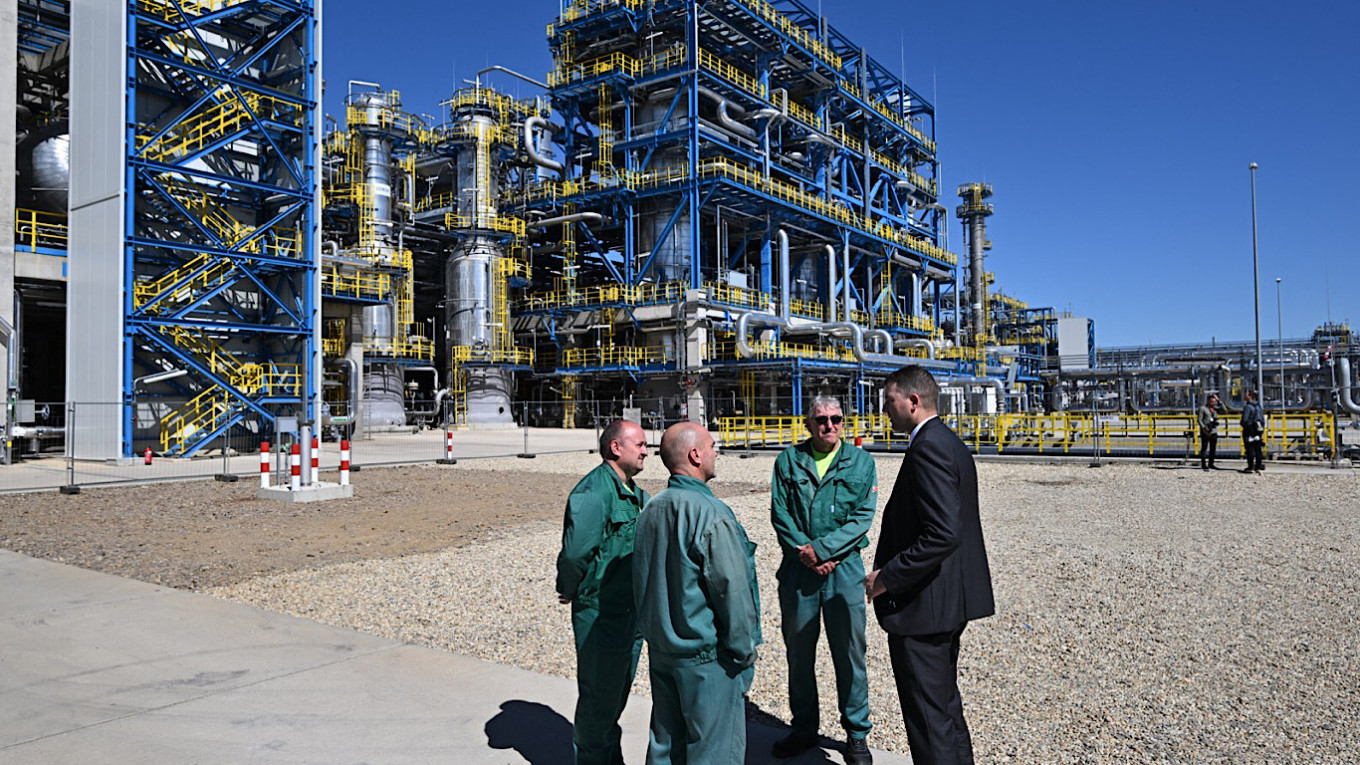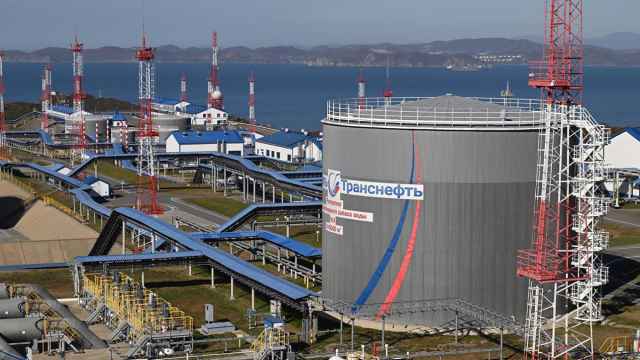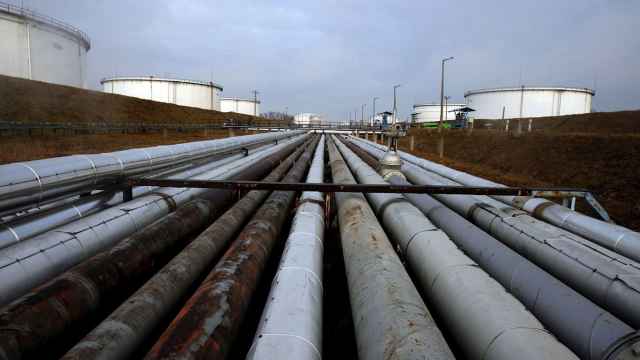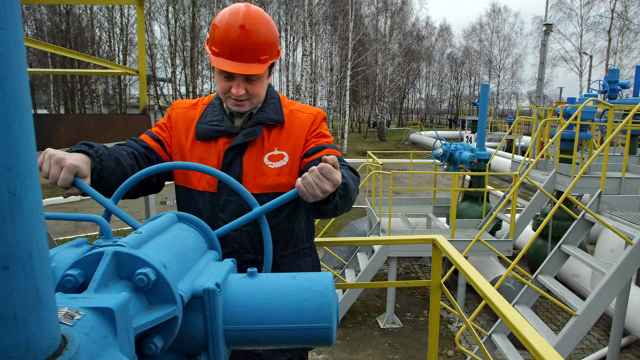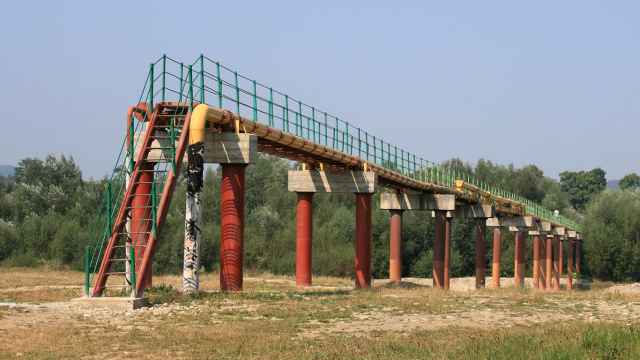Hungary’s largest oil and gas company MOL said Friday it could source most of its crude from outside Russia if flows through the Druzhba pipeline were disrupted, in what was described as a shift from the previous stance that Russian supplies could not be avoided.
“Should the crude flows via the Druzhba pipeline drop significantly, MOL can increase its utilization of the Adriatic pipeline and supply [about] 80% of its landlocked refineries’ intake,” the company said in its third-quarter earnings report.
The Adriatic pipeline enables Hungary to import crude by sea and then sends that oil inland by pipeline to refineries across Central and Eastern Europe.
Bloomberg described the statement as a “pivot” from months of messaging by Prime Minister Viktor Orbán and MOL that Hungary’s refineries were fully dependent on Russian crude.
MOL’s earnings report warned that the shift would entail “higher technical risks and logistics costs.”
It came hours before Orbán met with U.S. President Donald Trump in Washington, where the two were expected to discuss Hungary’s reliance on Russian energy and possible exemptions from U.S. sanctions. MOL executive chairman Zsolt Henádi joined Orbán’s delegation.
Hungary, which has opposed European Union plans to phase out Russian oil imports by 2027, still sources around 90% of its crude from Russia.
The EU granted Hungary and Slovakia temporary exemptions after Russia’s 2022 invasion of Ukraine, and MOL’s margins have benefited from discounted Russian supplies.
MOL has been investing up to $700 million to upgrade facilities to process non-Russian crude, but the completion of those projects was delayed to 2026, Reuters reported last year.
A Message from The Moscow Times:
Dear readers,
We are facing unprecedented challenges. Russia's Prosecutor General's Office has designated The Moscow Times as an "undesirable" organization, criminalizing our work and putting our staff at risk of prosecution. This follows our earlier unjust labeling as a "foreign agent."
These actions are direct attempts to silence independent journalism in Russia. The authorities claim our work "discredits the decisions of the Russian leadership." We see things differently: we strive to provide accurate, unbiased reporting on Russia.
We, the journalists of The Moscow Times, refuse to be silenced. But to continue our work, we need your help.
Your support, no matter how small, makes a world of difference. If you can, please support us monthly starting from just $2. It's quick to set up, and every contribution makes a significant impact.
By supporting The Moscow Times, you're defending open, independent journalism in the face of repression. Thank you for standing with us.
Remind me later.


